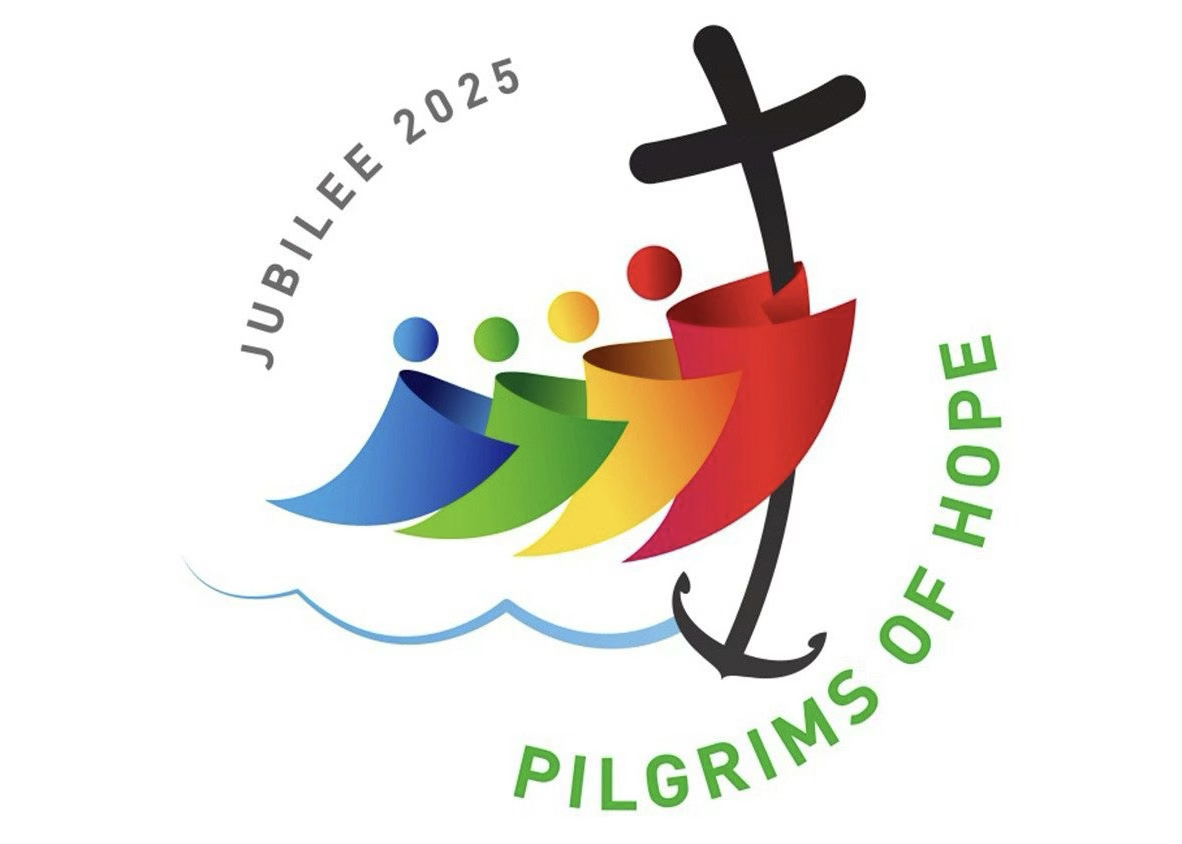Hope is a word we hear everywhere today—from nation-building and economics to celebrations like the Jubilee. Perhaps it has something to do with our uncertain times. In times of uncertainty, people rediscover hope as a defense against despair. But what exactly is hope and, more specifically, Christian hope? Beyond simply resisting hopelessness about the present with optimism or wishful thinking, Christian hope addresses something deeper: it is a firm trust in God’s promises. By turning to classical definitions, particularly those of Thomas Aquinas, we can clarify what hope truly is and why it is essential for human fulfillment.
Thomas Aquinas defines hope in two ways: first, as a passion, it is the emotion of the irascible appetite which expects to obtain a future good even though it is difficult to attain; second, as a virtue, it is the expectation of attaining a future good with divine help; the confidence of obtaining from God both Himself as man’s beatitude and the means to Him. The movement to a future good is the essential feature of hope. Hope anchors us in an unseen good in the future, pulling us forward. Despair has no such anchorage and ultimately casts us adrift.
Human beings can be compared to sharks, which, according to common belief, must keep moving to survive. Similarly, humans must remain oriented toward a future good—without it, they spiritually stagnate. This is why hope is so vital: it propels us forward, preventing us from falling into despair. Even secular self-help practices recognize this truth, emphasizing goal-setting as a means of restoring motivation. But human hope must go deeper than mere goal-setting; it must be directed toward a good that is truly satisfies (Augustine’s “Our hearts are restless until they rest in you”). Otherwise, despair will creep in even when worldly hopes are met.
Yet, Scripture reminds us that something within human nature prevents us from reaching the good we seek: sin. Sin distorts our desires, making it impossible for us to attain our ultimate good on our own. In Hebrew, one of the words for sin, chet ( חֵטְא), literally means ‘to miss the mark.’ This imagery is fitting —without divine help, our aim is always off. We need more than just effort; we need grace. This is where the second definition of hope—”the expectation of attaining a future good with divine help”—becomes essential. Hope, in its fullest sense, is not simply about looking ahead; it is about trusting that God will lead us where we cannot go on our own.
The Hebrew root word for hope, kavah (קָוָה),) means “to wait” or “to bind together,” carrying connotations of tension and endurance. A related word, tikvah (תִּקְוָה), also means “cord” — a connection beautifully illustrated in the story of Rahab. In Joshua 2:18, Rahab, a prostitute of Jericho, aids the Israelite spies and is told to hang a scarlet cord (tikat shani) outside her window as the true sign of salvation. Rahab’s story is a striking image of biblical hope: just as she, a symbol for the Church and whose name means “broad, wide, and spacious”, trusted in the promise of deliverance, so too does the Church cling to Christ’s mercy, our only sure hope for salvation. This same hope is powerfully proclaimed in the message of Divine Mercy.
One of the great blessings of the International Fellowship in Krakow is the opportunity to live next to the Divine Mercy Shrine. Many students visit daily, praying the Chaplet of the Divine Mercy at the hour of Christ’s passion. Within the shrine is one of the two famous icons of Divine Mercy, where we are reminded that our hope is not in ourselves but in the blood of Christ. Just as Rahab’s scarlet cord was a sign of salvation, so too does the Divine Mercy image proclaim that God’s mercy is our only true God.
John Paul II, who entrusted the world to Divine Mercy, once wrote, ” Like St. Faustina, we wish to proclaim that apart from the mercy of God there is no other source of hope for mankind.” In a world that is uncertain and desperate for meaning, may this Jubilee of Hope be a time of rediscovering the only hope that never fails: the boundless mercy of God.
